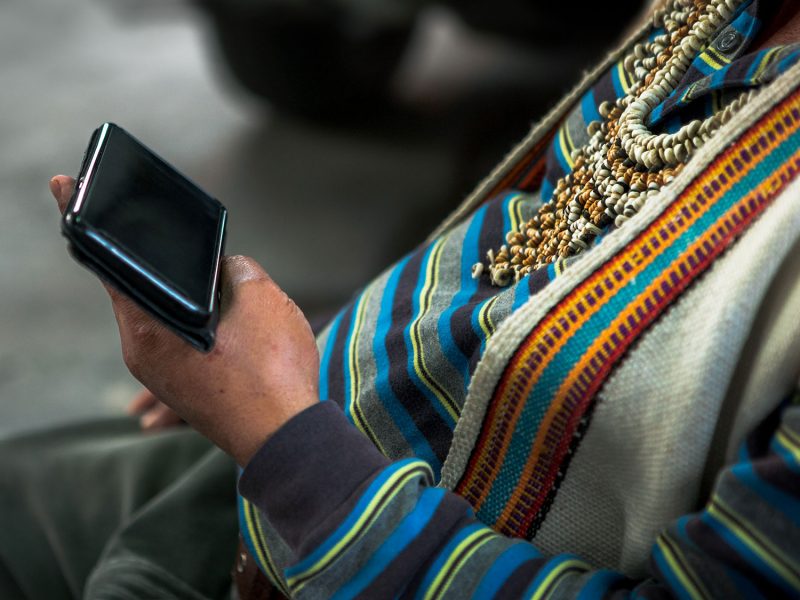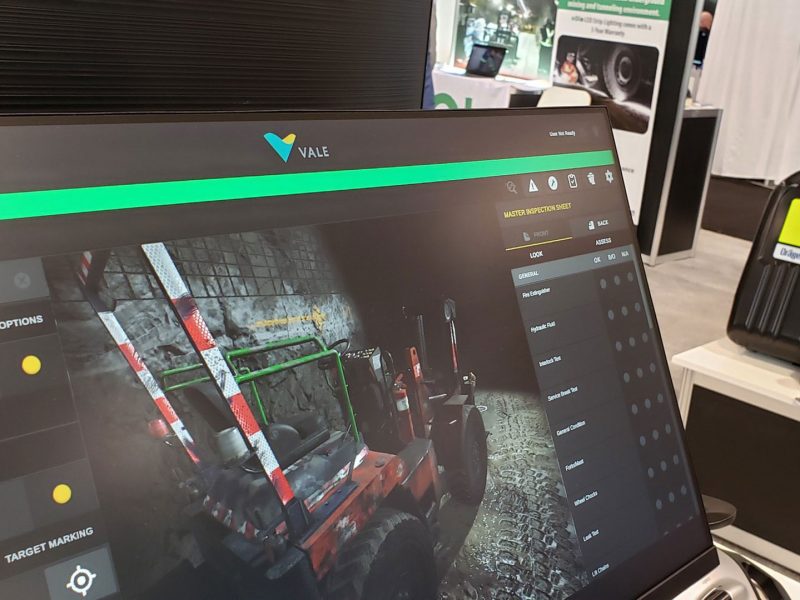Innovation Projects
Project
Career Development Professional Centre
The Career Development Professional Centre (CDPC), led by the Canadian Career Development Foundation (CCDF), is testing the effectiveness of a national body to unify Canada's career development sector by providing foundational training, fostering professionalization, and encouraging collaboration among Career Development Professionals (CDPs).
Project
Project Connect: Professional Project Administrator Program
Indigenous Peoples represent the fastest growing and youngest population in Canada, offering critical potential to address skills shortages. Yet systemic inequities in access to education and training persist, resulting in lower employment outcomes and increased vulnerability to economic downturns.
Project
FUSION: Future Skills Innovation Network for Universities
The program focused on building metacognition (awareness or understanding of one’s own thinking), communication and problem-solving skills through flexible, experiential and reflective learning delivered in co-op programs across humanities, social sciences and STEM disciplines.
Project
Development of Canada’s National Occupational Standards for a Sustainable Blue Economy
Canada boasts the world’s largest coastline; however, its ocean-related industries contribute only 1% to the GDP, significantly trailing behind other nations. This project identified a pressing need for specialized training in science, technology, engineering and mathematics (STEM) to bridge the skills gap in ocean-related occupations in the sustainable blue economy (SBE), including marine transport and ocean technology.
Project
Reboot Plus Expansion
The Reboot Plus Expansion program, led by Douglas College and PEERs Employment & Education Resources, aims to re-engage youth aged 17–24 who are at risk of not finishing high school or are unsure of their academic and career trajectories.
Project
Leveraging Technology to Develop Modern Mining Skills
The Leveraging Technology to Develop Modern Mining Skills project, led by NORCAT with support from the Future Skills Centre, explored the potential for augmented reality and virtual reality to address labour and safety challenges in mining and construction. By incorporating simulations into core training programs, the project aimed to provide safer, more accessible practice environments for new workers while testing whether immersive tools could improve learning outcomes.
Project
Supporting place-based SMEs in the rural Yukon in post-pandemic environment
The initiative focused on enhancing small and midsize enterprises (SMEs) in resource management, renewable energy, tourism and cultural ventures. These businesses, vital for self-determination and economic diversification, were shown to be vulnerable during COVID-19 due to their seasonal nature and lack of long-term planning.
Project
Development of Soft Skills in Future Employees
Employers in New Brunswick have reported a pressing need for enhanced soft skills among workers. Recognizing this, the Collège Communautaire du Nouveau-Brunswick / Community College of New Brunswick (CCNB) launched a project designed to enhance the soft skills of its students.
Project
Testing and Evaluating the Impact of a New Model of Innovation in Workforce Development in Newfoundland and Labrador
This project was administered by the College of the North Atlantic, with the Newfoundland and Labrador Workforce Innovation Centre and the Department of Immigration, Population Growth and Skills. It aimed to test and evaluate the impact of Regional Workforce Development Committees.










